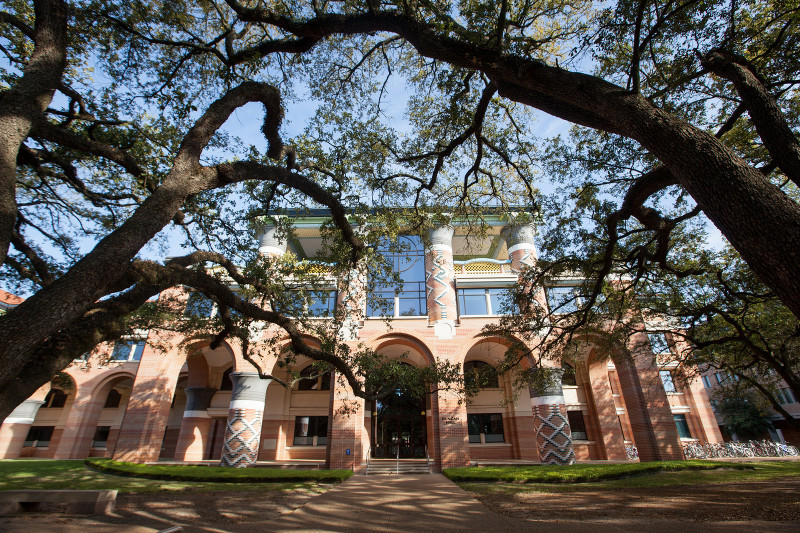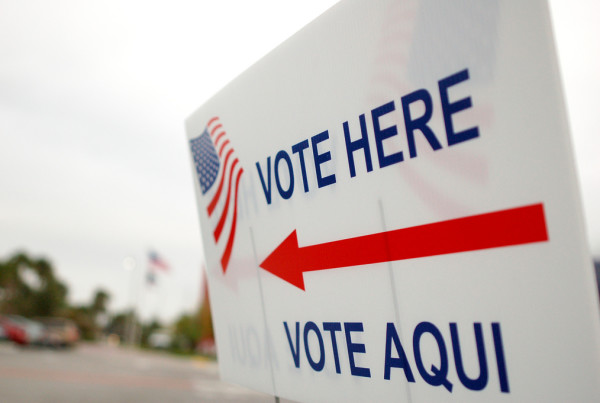When it comes to the ranking of college rankings, who is number one?
As many Texas parents start prepping their kids for college applications, the main focus boils down to the question of which school is the best. For many, college rankings play a large role in how we find our answer. But with the accumulation of so many different rankings, from U.S. News and World Report to Forbes – how do you make sense of it all?
Nick Anderson has a plan. He’s a higher education writer for the Washington Post and has developed a new college ranking, based entirely on other college rankings. He looked at the rankings across the board, then combined, sorted and averaged them to come up with a sort of ‘metaranking’.
Here’s who made the top 5 schools: Stanford, Harvard, Massachusetts Institute of Technology (MIT), Princeton and Yale. The highest ranked in Texas? Rice University at number 13.
This then leads to the growing conversation of the value of college – especially when it comes to salaries. Many argue that the greater the salary achieved after graduation, the better the school. But is that really a fair measurement?
“There is great debate about this,” Anderson says. “There are a lot of higher ed leaders who say, ‘Well, college is good at producing teachers.’ Well, teachers don’t get the highest salary in the world, as we all know, but they are still performing a wonderful service to society. So, how can you judge a college based on the salary of its students, if their salaries are going to be low?”
But this is the root of the matter: given the cost of college, many want to know the economic value of return for degree recipients. Can these rankings really help young people filter their choice?
“That’s the million dollar question. I think that people pay attention to … their family members, they pay attention to their friends and all of the rankings influence the influencers,” Anderson says. “Does it have a direct effect? I don’t know. But I think it does filter down to the conversation about schools.”
Anderson believes that gently poking fun at college rankings can be useful, especially since they are far from perfect. But he acknowledges that there is a national consensus that believes these rankings are necessary and can provide much-needed insights into the many facets of higher education.
“Any one ranking is not the be all and end all of a school,” Anderson says. “But I also think that the different rankers are bringing a lot of analytical firepower to their task.”
Post by Nadia Hamdan.

















